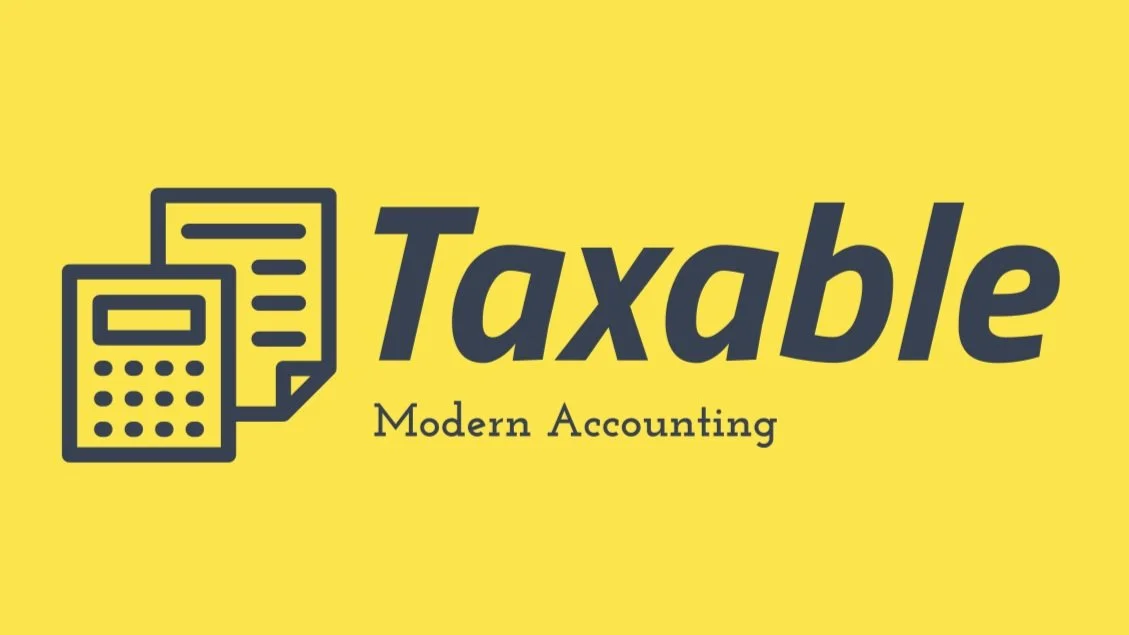Limited Company vs. Sole Trader
Incorporation as a Limited Company vs. Sole Trader: What's Best for Your Business?
When you're setting up your business, one of the most important decisions you'll face is whether to operate as a sole trader or to incorporate as a limited company. Both options come with their own advantages and disadvantages, and understanding these can make a significant difference in the success and growth of your business. At Taxable.Me, we’re here to help you navigate this critical decision. In this blog post, we’ll break down the key benefits of incorporating as a limited company compared to operating as a sole trader.
1. Liability Protection
One of the most significant differences between a limited company and a sole trader is the level of personal liability involved.
Sole Trader: As a sole trader, there’s no legal distinction between you and your business. This means you are personally responsible for any debts or legal actions against your business. Your personal assets, such as your home or car, could be at risk if your business runs into financial trouble.
Limited Company: A limited company, on the other hand, is considered a separate legal entity. This means that your personal assets are protected, and you only stand to lose what you’ve invested in the business. This limited liability can provide peace of mind and protect your personal finances in the event of business failure or legal challenges.
2. Tax Efficiency
Taxation is another crucial factor to consider when choosing between being a sole trader and running a limited company.
Sole Trader: As a sole trader, you are taxed on your business profits through income tax and National Insurance contributions (NICs). Depending on your earnings, this can result in a high tax burden, especially as your profits increase.
Limited Company: Incorporating as a limited company can offer more tax-efficient ways to pay yourself. A common approach is to take a combination of salary and dividends. Dividends are typically taxed at a lower rate than income tax, which can reduce your overall tax liability. Additionally, limited companies are subject to corporation tax, which is often lower than personal income tax rates. This tax efficiency can lead to significant savings, particularly as your business grows.
3. Credibility and Professional Image
Perception can play a big role in business success, and the structure of your business can influence how clients, customers, and investors view you.
Sole Trader: Operating as a sole trader can sometimes give the impression of being a small or informal operation. While this might not matter to some customers, others may prefer to work with a more formal business structure.
Limited Company: Incorporating as a limited company can enhance your business’s credibility. It often signals a more established and professional enterprise. Clients, suppliers, and investors may feel more confident working with a limited company, especially in sectors where trust and professionalism are essential. A limited company can also use the “Ltd.” designation, which adds to this professional image.
4. Access to Funding
Your business structure can also impact your ability to secure financing and attract investors.
Sole Trader: As a sole trader, raising capital can be more challenging. Banks and investors may be hesitant to lend money or invest in a business that doesn’t have the formal structure of a limited company. Additionally, you’re limited to the personal funds you can invest or borrow.
Limited Company: A limited company can more easily raise funds, as it can sell shares to investors. This makes it a more attractive option for those seeking significant growth. Banks and financial institutions are also more likely to lend to a limited company, which can provide you with the necessary resources to expand and develop your business.
5. Future Growth and Succession Planning
How you plan for the future of your business is another important consideration when choosing your business structure.
Sole Trader: As a sole trader, the business is entirely dependent on you. If you decide to retire, sell the business, or pass it on to someone else, this can be more complicated. The business has no legal existence separate from you, which can make succession planning more difficult.
Limited Company: A limited company is a separate legal entity, making it easier to transfer ownership, sell the business, or bring in new partners or shareholders. This flexibility can be invaluable when planning for the long-term future of your business. Additionally, should you ever wish to step back from day-to-day operations, a limited company can continue operating with a new management team in place.
6. Pension Contributions
Planning for retirement is an important aspect of running a business, and your business structure can affect your pension contributions.
Sole Trader: As a sole trader, you will need to make personal pension contributions from your post-tax income. This may limit the amount you can contribute towards your pension, especially if your tax burden is high.
Limited Company: As a director of a limited company, you can make pension contributions as an employer. These contributions are treated as an allowable business expense, reducing your company’s corporation tax liability. This can be a tax-efficient way to save for retirement while also reducing your company’s overall tax bill.
Conclusion: Choosing What’s Right for You
Both the sole trader and limited company structures offer distinct advantages, but the best choice for you depends on your business goals, financial situation, and growth plans. If you value simplicity and minimal administrative responsibilities, operating as a sole trader might be the right option. However, if you’re looking for liability protection, tax efficiency, and the potential to scale your business, incorporating as a limited company could be the better route.
At Taxable.Me, we understand that this decision isn’t always straightforward. Our expert team is here to help you evaluate your options and make an informed choice that aligns with your business goals. Contact us today for personalized advice and support in choosing the right structure for your business. Your success is our priority.
